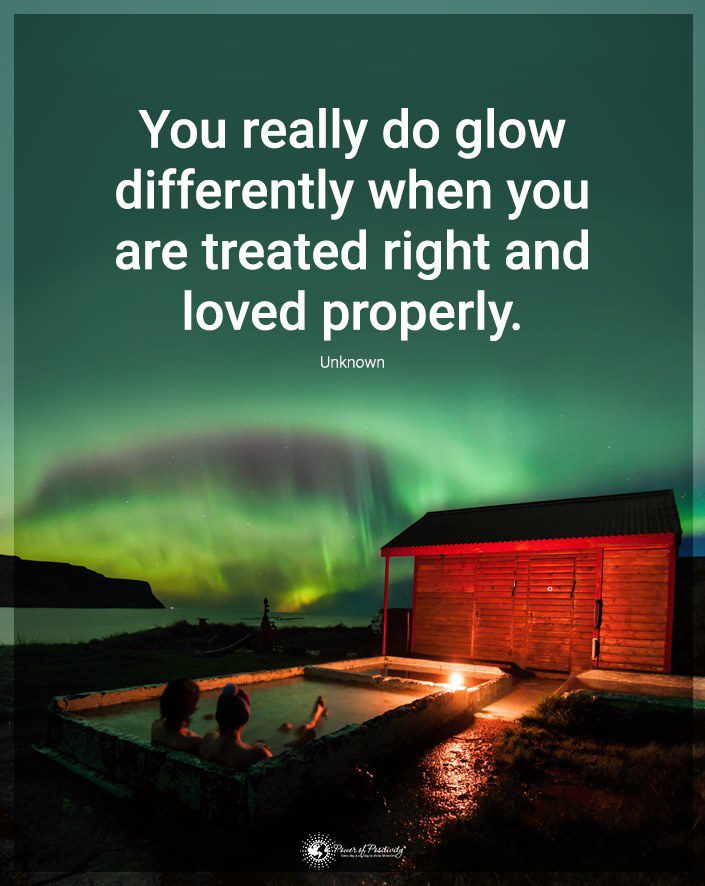Everyone has experienced love in some form as it’s essential to life. Of course, love is an exciting experience that feels effortless initially. However, as time goes on, the feelings become more complex as the rush of hormones recedes.
Love involves chemical processes in your brain dealing and psychological interactions. Chemistry is what helps develop long-lasting relationships.
When you know about the chemistry of love, what it is, and what it means, you can use it to your advantage. You can also delve into what triggers the feelings and what occurs in your mind and body.
Love triggers the release of neuropeptides and neurotransmitters. Your chemistry means more than you realize regarding your romantic life. Understanding the chemistry of love is beneficial to determining the course of your relationship.
What is the Chemistry of Love?
Dr. Helen Fisher is a researcher on the chemistry of love, and she breaks it down into three categories. These categories help explain the chemistry in a way that makes sense. Each of the stages of love involves different hormones.
1 – Lust
Lust is the first stage, and it involves sexual gratification. It begins because of our natural need to mate and reproduce. This stage consists of the brain’s hypothalamus and stimulates testosterone and estrogen.
Testosterone and estrogen are sex hormones that come from the testes and ovaries. Many people associate testosterone with being “male” and estrogen with “female.” However, both are present in men and women.
Lust is integral to forming a relationship, and the signs include:
- focusing on their looks and body
- being interested in a sexual relationship but not a conversation
- no desire to discuss feelings
- not wanting to spend quality time
2 – Attraction and Passion
Attraction is the next thing that can explain the chemistry of love, and it’s the second stage. Lust can develop into attraction and passion, making you want to take the next step in your relationship. Attraction and desire can occur alone, or they can develop over time.
This step occurs when the brain pathways that control rewards get triggered. It happens early in a relationship, making the first part exhilarating and potentially all-consuming.
Your hypothalamus produces dopamine when you do things that feel good. Cuddling with your partner, being intimate, or holding hands can trigger the production. You’ll also experience increased norepinephrine, making you giddy and energetic. It activates your reward system and makes you feel good.
Norepinephrine also reduces serotonin. It can cause decreased appetite and insomnia because it keeps you alert and triggers your fight or flight response. During this stage, you may idealize your partner and think irrationally.
The hormones involved in attraction also contribute to other feelings, including:
- intrusive thoughts
- emotional dependency
- increased energy
- reduced anxiety
- increased trust in your romantic partner
- fewer negative responses
- Increased excitement
3 – Commitment and Attachment
After the initial attraction in your relationship comes commitment and attachment. This stage is essential to long-term relationships and comes with its own set of chemicals. You’ll experience increased levels of oxytocin and vasopressin.
Your hypothalamus releases large amounts of oxytocin when you attach to others. It’s common during sex, breastfeeding, and childbirth because those are precursors to deep bonding. You’ll develop passion toward your partner when this occurs in your relationship.
Oxytocin plays an important role here. It promotes bonding and helps build the trust you need for a long-term relationship. Oxytocin also enables you to feel safe and secure in the relationship. While lust and attraction might fade sometimes, the attachment persists.
The Chemicals Involved in Love
When you fall for a new partner, it’s an exciting time. It comes with excitement, sleepless nights, wanting to see your person all the time, and a racing heart. In the past, you might not have realized that it was all about the chemistry of love. When you can understand the chemicals involved, it helps you understand the intense emotions that come along.
Many hormones were mentioned before, but it can help to have a rundown of what they do. Learning the three things that explain chemistry makes a difference, but understanding the various chemicals is essential, too.
Norepinephrine
Norepinephrine is responsible for a racing heart, flushed cheeks, and sweaty palms. This hormone triggers adrenaline and causes a loss of appetite. It can also start the following:
- euphoria
- bliss
- increased energy
- intense focus
Dopamine
Dopamine is the happiness hormone because your brain releases it when you feel good. You might experience increased dopamine when you eat, exercise, or do an activity you enjoy. It can affect your emotional responses and ability to express pleasure, but it boosts your feelings of enjoyment.
Phenylethylamine
When you feel butterflies in your stomach, you can thank the hormone phenylethylamine. When you experience attraction, your brain will release more of them.
It also makes you feel euphoric and energized, contributing to the giddy feelings that trigger butterflies. When you have higher levels of Phenylethylamine, you’ll also produce more dopamine and endorphins.
Oxytocin
Oxytocin is a neurotransmitter that plays a role in empathy, trust, sex, and relationship building. Your body will produce more of this hormone during cuddling or an orgasm.
One study shows how oxytocin can help treat depression, anxiety, and intestinal problems. Another study indicates oxytocin produced during childbirth and lactation can make a new mother less anxious and promotes a loving bond. Oxytocin promotes a deep, trusting bond in a romantic relationship.
Vasopressin
After the lust and attraction start to wean, you’ll experience feelings of falling out of love. This feeling occurs because of the hormone vasopressin. It makes you want to bond with and nurture your partner and interacts positively with testosterone.
When the Chemistry of Love Becomes Too Much of a Good Thing
The chemistry of love is beautiful, and it’s an exciting experience you’ll never forget. However, too much can cause some issues in your life.
Hormones that make you feel good are released, although they can cause some issues. They can make you experience jealousy, erratic behavior, and irrationality. The overabundance of hormones and fluctuations can be overwhelming, causing downsides to the chemistry.
Too Much Dopamine Can Cause Love Addiction
Dopamine is responsible for your brain’s reward pathway, which sounds beneficial. However, it controls the good and bad and is associated with addictive behavior. It triggers the same areas of your brain as those with a substance abuse disorder experience.
Too much dopamine can cause obsessive behavior and emotional dependency. An overload of dopamine causes a temporary high, much like an addiction. You can become dependent on another person, and that’s not a good position to be in.
Too Much Oxytocin May Cause Negative Attachments
Like dopamine, too much oxytocin can cause some problems. When you produce an overabundance of oxytocin, it makes you feel good. However, when you receive a temporary high from these instances, it can become an issue.
Party drugs MDMA and GHB also produce oxytocin, relating to a substance abuse disorder. The overly optimistic feelings can cause you to dissociate from your surroundings and act recklessly. You might do things you wouldn’t normally do, leading to troubling situations.
In extreme cases, the oxytocin will cause you to become overly attached to your partner. While it’s nice to remember why you love someone, you must know that time apart is okay, too. This hormone can make you feel like you can’t spend time away from your partner. It leads to isolation and neglecting your passions and other relationships.
When you become overly attached, it can cause you to do things you wouldn’t usually do. It shuts off the part of your brain that regulates critical thinking, self-awareness, and rational behavior. The hormones can make you do things you’ll regret.
What to Do When the Love Chemistry Becomes Too Much
Sometimes you can’t help it, and the feelings spiral out of control. If you start prioritizing a new partner over other people and aspects of your life, you might want to reel it in. In this situation, the best thing you can do is focus on living your life separately from your partner.
You can still spend time with your partner and focus on other aspects of your life. Spend time with friends and family, and take time to yourself. When you prioritize the other essential areas of your life, you’ll resist or ease the negative aspects of the chemistry of love.
Final Thoughts on Things That Explain the Chemistry of Love, According to Counselors
Falling in love is a rewarding, exciting experience. It isn’t a matter of chance, as many chemicals play a role in the experience. These three stages can help explain the chemistry, allowing you to understand yourself.
While chemistry plays a role, love is different for everyone. Your journey will be much different from those around you, and that’s okay. The hormones play a role, but trusting your gut will get you where you want to be.
These things and the chemistry involved lead to love being a complex combination. However, other people believe it is a matter of fate. Either way, it’s an extraordinary experience, and you should embrace the experience.

















 Community
Community

